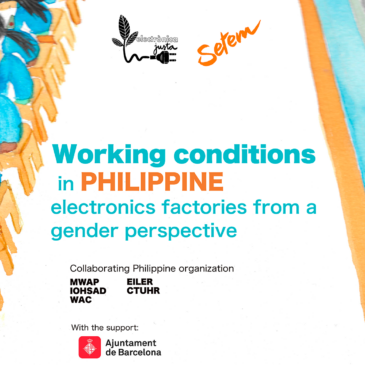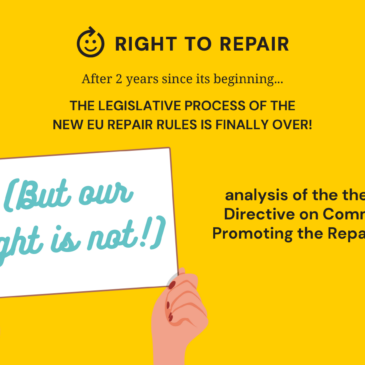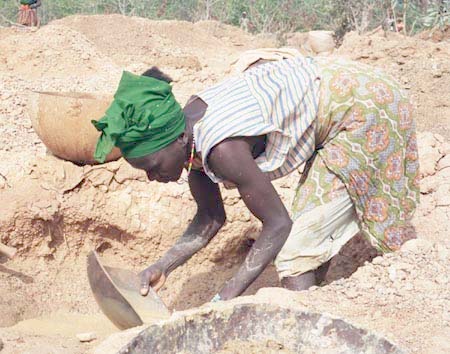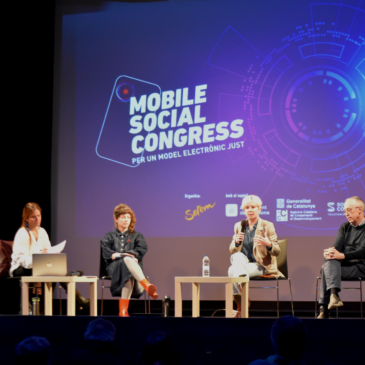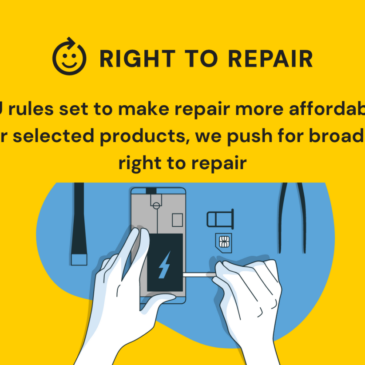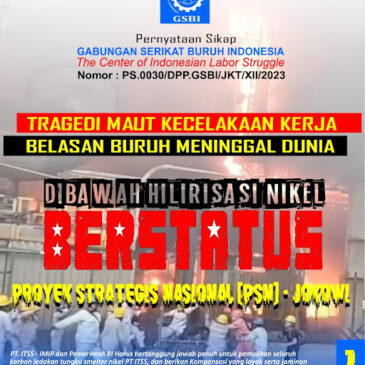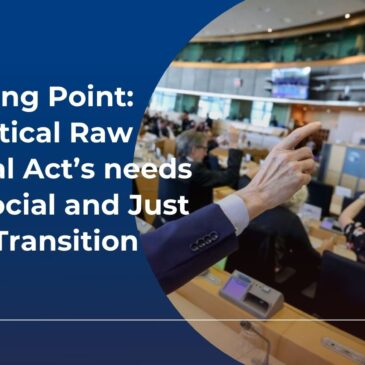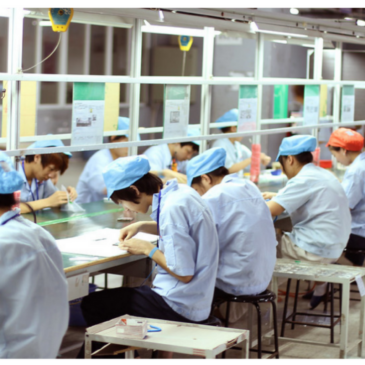The exploitation of women in the electronics industry in the Philippines
When Jessica first started working in an electronics factory in the Philippines, she received no safety training and no information about the health risks involved in her new job. After over a decade of doing soldering work at the factory, she was diagnosed first with trigger finger. Then, an ovarian cyst. Before she was finally transferred to another unit doing lighter work, she had to undergo various surgical interventions and, … Read More

